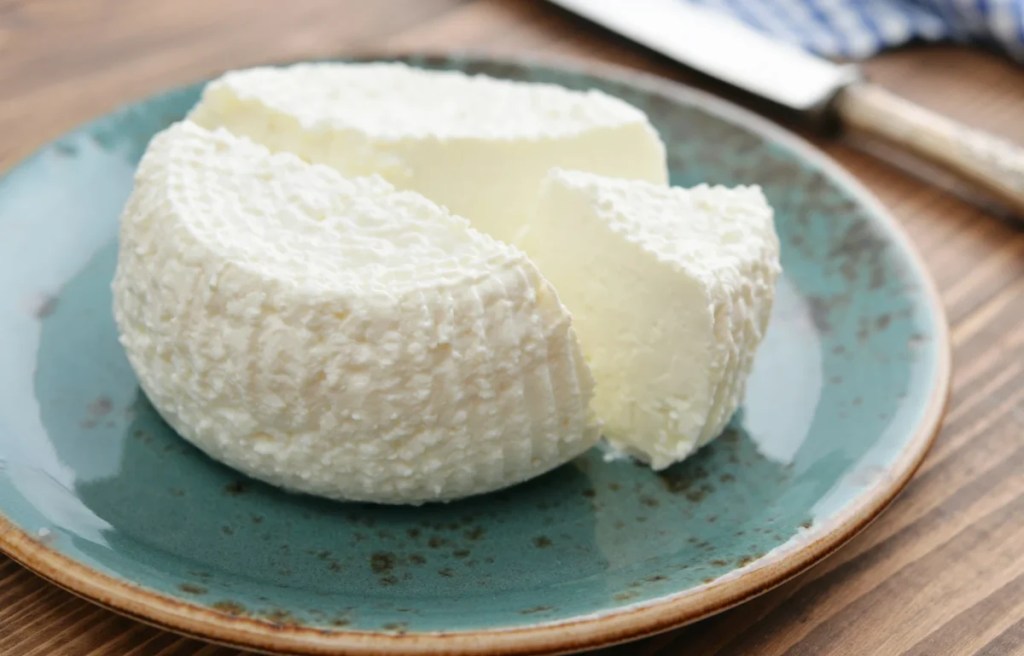While dogs can eat ricotta cheese, it can sometimes cause gastrointestinal upset in those with lactose intolerance. Ricotta cheese is not considered toxic for dogs, unlike blue cheeses, which should be avoided. Additionally, as a high-fat food, ricotta cheese is not really the best thing to feed to your dog on a regular basis.
As always, you must ask your regular vet before sharing any human food with your canine pal, including cheese. Here’s what you need to know about ricotta cheese and dogs.
When is ricotta cheese okay for dogs to eat?
Ricotta cheese is not considered to be toxic for dogs. When it comes to the nutritional benefits, it contains a good amount of protein, plus minerals, including calcium and selenium, and also Vitamin A.
Ricotta cheese often has less lactose in it than other cheeses, so it can be tolerated by dogs who might have issues consuming other dairy foods that are higher in lactose. Additionally, ricotta is soft enough to be used as a way to administer medicine to your dog if they shy away from taking their pills. Your vet can help show you pill pocket tactics.
If you decide to serve up some ricotta to your dog as a treat, the precise amount that’s safe for your dog to consume will depend on a variety of factors including their age, weight, and general health. Your vet can help you to formulate safe guidelines for your particular dog.
When is ricotta cheese bad for dogs?
While ricotta cheese is not necessarily toxic for dogs, it still contains lactose and can cause problems for dogs who are lactose intolerant.
Additionally, as a high-fat food, eating too much ricotta could help to push your dog onto a path towards canine obesity, which in turn can bring on a host of other medical conditions and complications.
So while you can probably feel safe serving a small amount of ricotta to your dog as a fun occasional snack, it’s best practice to stick to only serving it in moderation.









